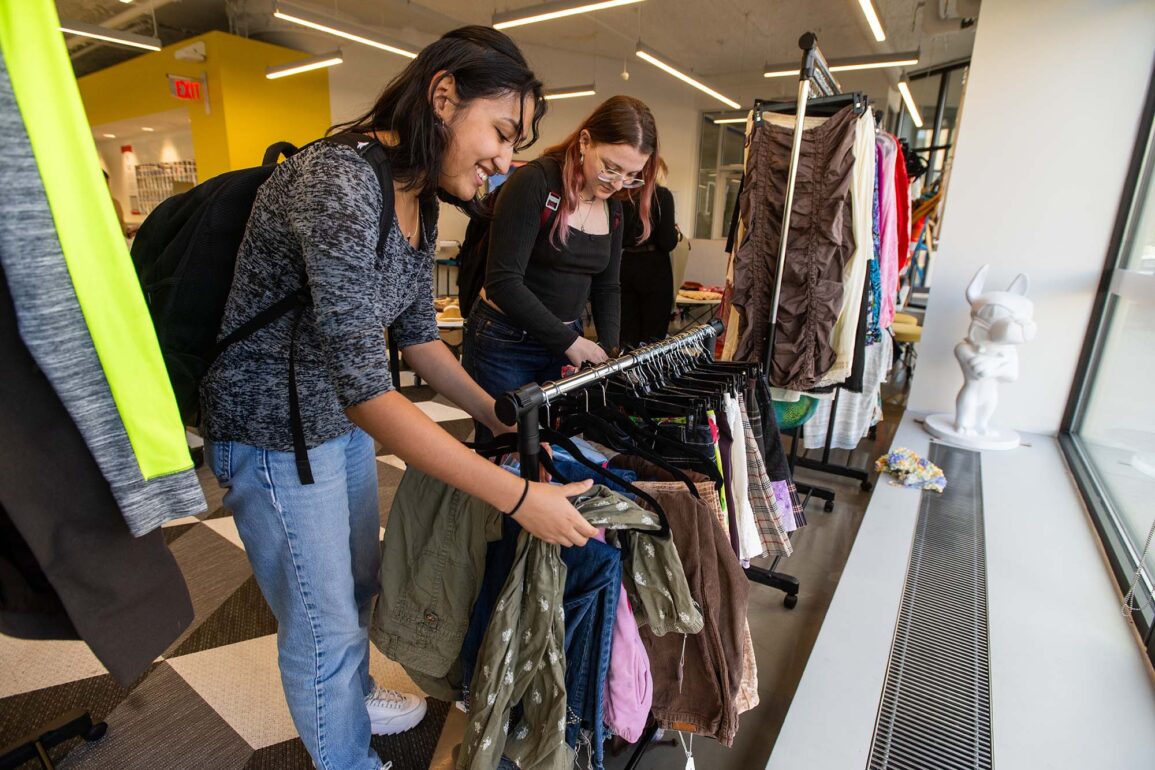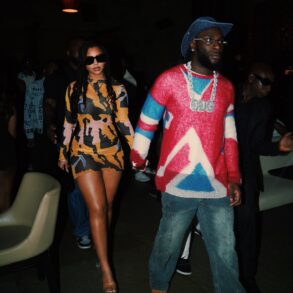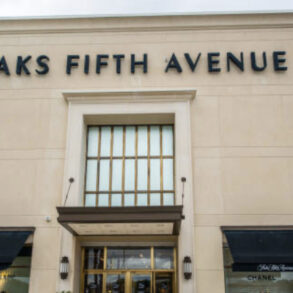Entrepreneur Sami Morales credits BUild Lab with helping make her online company, Girls with the Fits, a reality
Sami Morales has a thriving business, thanks to Boston University’s student entrepreneur incubator, the BUild Lab. And to Jane the Virgin, Nickelodeon, and several TV commercials, including a memorably gross credit card pitch.
As a child, Los Angeles-bred Morales (ENG’25) played a ring bearer on Jane, the then-popular CW romcom. Payments for those and other small roles seeded Girls with the Fits, her online retailer of vintage clothing and her self-made jewelry. (The credit card commercial was “weird. I was eating ice cream, but it wasn’t [really] ice cream, it was potato with food coloring” that wouldn’t melt in the California sun. “It was disgusting.”)
Her acting money helps her pay for vintage clothes for resale, along with clothing racks and jewelry stands. “I took the money that I saved when I was younger,” she says. “I was like, OK, I’m just going to risk it.”
Morales stores her inventory at her home near the Boston Seaport and estimates that she’s grossed $10,000 in the two years since formally launching her business. That’s with online sales and the occasional pop-up, including one in October, a four-hour event that transformed BUild into Bergdorf. In just the first five minutes, nine shoppers browsed the half-dozen racks laden with dresses, blouses, skirts, and nightwear. Scarves, hats, handbags, and Morales’ jewelry adorned small tables nearby. She busily calculated price totals and discounts, chatted up customers (“That goes so well with your eyes,” she complimented the buyer of a green sweater vest), and selected the must-have of retailing—background music.
“If there’s no music going,” she said, “I feel like people don’t enjoy it.”
Customers raved about her merchandise. “The styles are very individual,” Melissa Kuang (CAS’26) said as she browsed. “You can’t find them anywhere else. That’s awesome. Also, there’s a lot of upcycling—the fabrics are all really cool.” That sweater vest buyer, Polina Petrova (CAS’24), agreed: “The collection in general, it’s very interesting. It has a really wide variety of styles.”
“Sami picks the best stuff,” said Morales’ friend Nevaeh Calliste (COM’26), who picked up a bag and three satin-finish-with-lace-trim dresses. “They’re honestly the cutest things I’ve ever seen… The vintage stuff that I need, that I want, I tend not to be able to find that in fast fashion.”
Sami picks the best stuff. They’re honestly the cutest things I’ve ever seen.
BUild’s big contribution to Girls with the Fits, beyond a $500 grant, was advice, especially in suggesting pop-ups. “That was the one thing I was missing,” Morales says. “I just wanted to be in a space, being able to talk to people and get feedback, and even listening in on people’s conversations. Someone would pull something up and make a comment. They don’t realize that I can hear it—not that it’s negative…but it reinforces some of the decisions I was making” about what to sell.
We should define “vintage.” Anything predating the Clinton administration isn’t vintage to Morales; it’s Flintstones-prehistoric. “My style is very ‘90s and [early] 2000s,” so-called Y2K core fashion, she says. “I kind of expanded into plus sizes, too,” to meet that market segment.
Morales “exhibits a remarkable ability to learn and adapt quickly, and she’s open to feedback and guidance from mentors,” says Jen Migliore, director of external relations for Innovate@BU, the BUild Lab’s parent program. “Sami’s determination and drive are infectious, and it has been a rewarding experience for us to provide advice and a seed grant to help her get Girls with the Fits off the ground.”
Her supply chain of clothiers spans California to Barcelona. “One of my best friends, actually, he’s wearing a cardigan I got from the U.K.,” Morales says. While she caters to women, “‘Fluid’ men like to wear my stuff. I’ve sold to a few guys.” She’s even sold some of her pearl necklaces to guys–“straight, bi, all.”
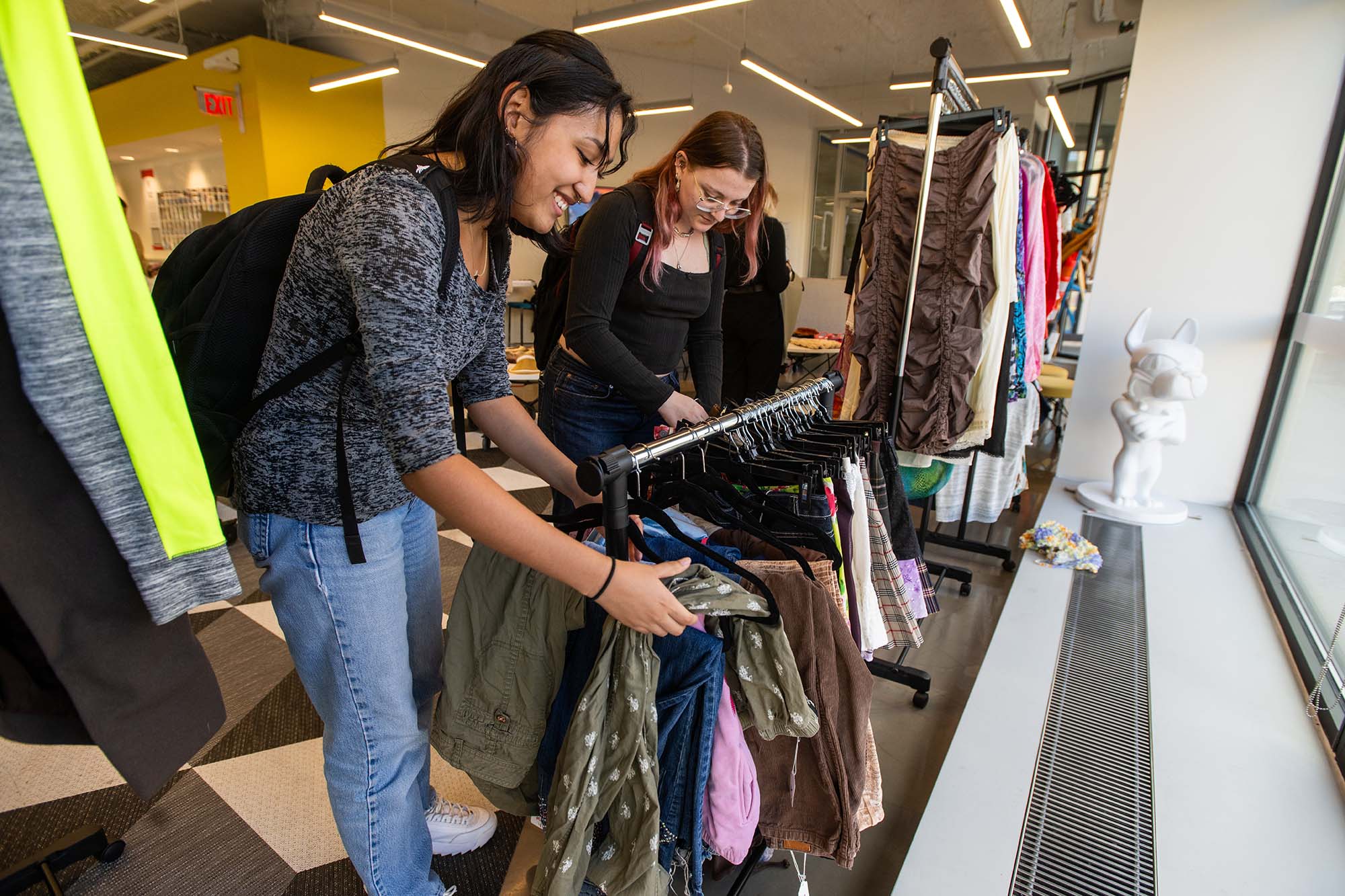
Morales engineered this global network through a mix of intention and serendipity. The way she found her South Carolina supplier is typical: “I was actually visiting my uncle, and I was just thrifting for myself. It’s funny how I meet these people, ’cause I’m just talking to them as I’m kind of shopping for myself, but also I’m trying to get knowledge from them. They’re always telling me where their store is getting their supplier, then I look up the supplier’s name on the web.” Instagram is another fertile source, she says.
While you can view a potential supplier’s wares online, Morales says, “preferably, I like to go and touch the stuff,” a quality-control method she learned from hard experience. She once bought a top based on a photo, only to discover the material was different than advertised.
Morales attributes her business sense to her father, who opened his own company to escape poverty, went bankrupt, but tried a second time and prospered. “Sitting in on the meetings when I was young, in the car [during conference calls] and stuff,” she says, “I think I just unconsciously picked it up.” While her dad’s in engineering and construction, “even the terms are kind of interchangeable with Girls with the Fits. Income statements and balance sheets and stuff, they’re all applicable to what I’m doing.”
She honed her strongly held fashion opinions early. By age three, she wouldn’t let her mother dress her. “She would put it out, and I’d be, like, ‘No.’ And then I’d go pull my own outfit.” Partial to “expressive” attire like a fur vest with shirt and shorts and big sunglasses, her taste definitely clashed with her mom’s. “If you look at my mother now,” Morales says, “she wears a plain-colored shirt and shorts to this day. She has the same outfit on from 20 years ago. I’m pretty sure it’s the same shirt, to be honest. I don’t think I would say I get my fashion sense from her.”
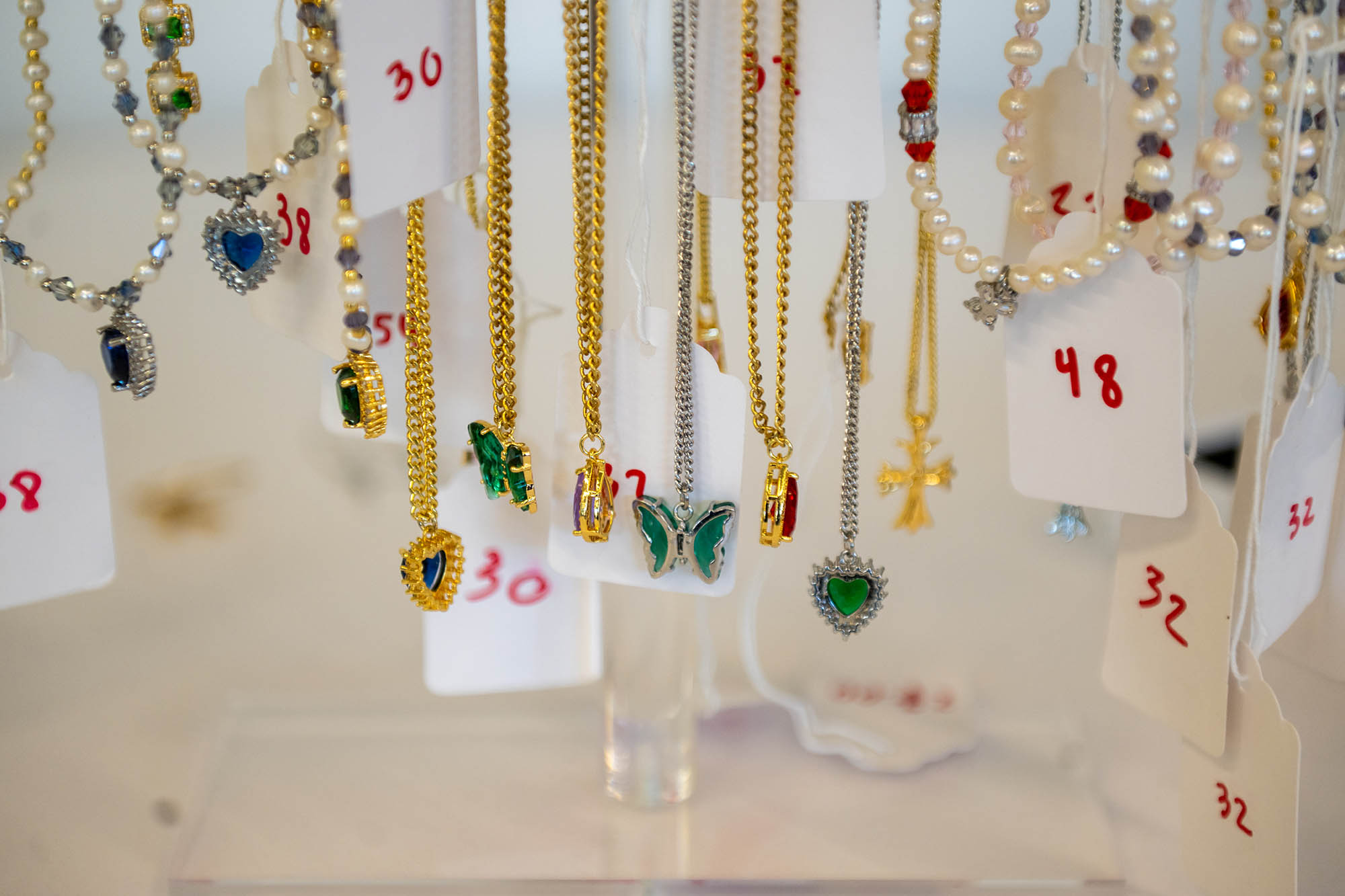
As for the jewelry, she says she took to that after she began making her own in high school for herself and friends.
Like savvy retailers, Morales looks ahead to new opportunities. Currently, she’s eyeing Boston Seaport’s vending huts, which are available to rent, to tap into the city’s bustling tourist business. While grateful for student customers, “They’re a lot more tight on money than someone that’s coming for tourism,” she says. Even Newbury Street, Boston’s premiere shopping destination, is an option. “I was thinking of reaching out to a store that does high fashion, that’s trying to be more sustainable [with recycled clothes for sale]. I can have a rack in there or something maybe.”
There’s another, less happy aspect of retailing that Morales has learned: the five-finger discount. People shoplifted about 10 items from her October pop-up.
“Students aren’t really considering that they’re stealing from another student,” she says. In the future, she’ll ask customers to leave their bags with her at the door, “so that they don’t have the opportunity to shove it in their bag when I’m checking someone else out.”
Explore Related Topics:
This post was originally published on this site be sure to check out more of their content.




